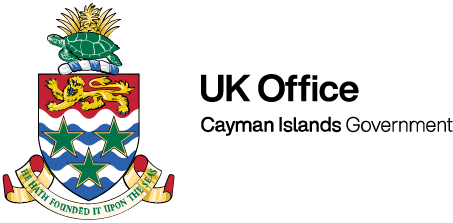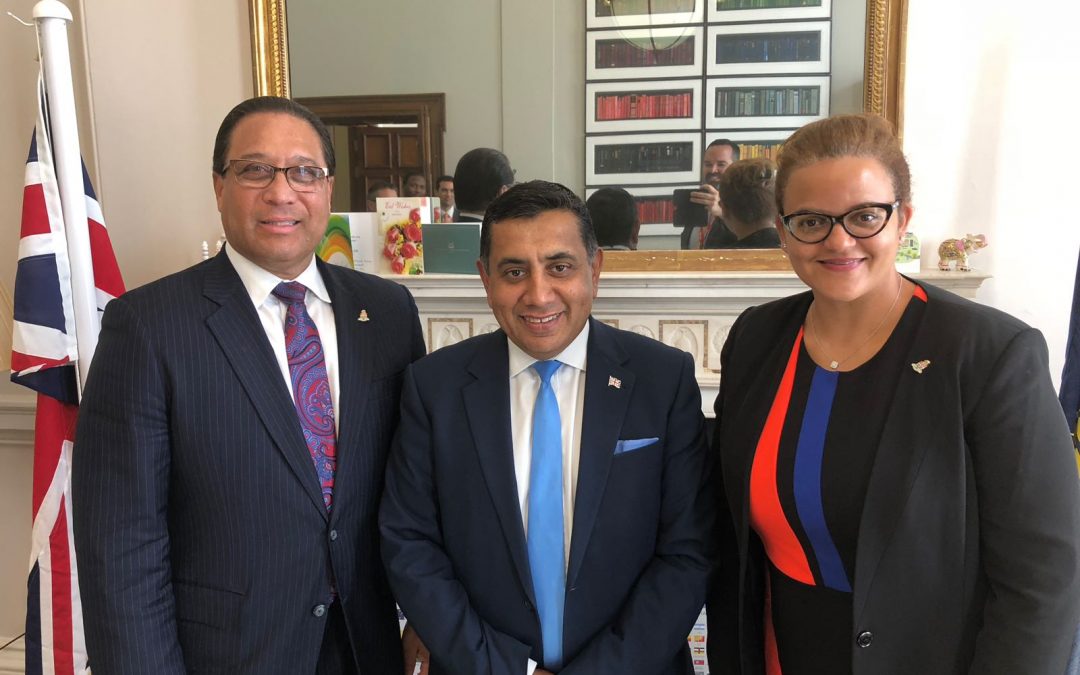Monday 11 June 2018
Premier Hon. Alden McLaughlin and a delegation including Financial Service Minister Hon. Tara Rivers spent the afternoon in bilateral talks with Lord Tariq Ahmad of Wimbledon, Minister of State for the Commonwealth and the UN at the Foreign and Commonwealth Office.
“We talked about the way forward with Constitutional talks in regard to the Cayman Islands Constitution of 2009” said Mr. McLaughlin. “We are concerned about the actions of the House of Commons in seeking to legislate for the Cayman Islands, which amounts to constitutional overreach by forcing the Cayman Islands to adopt public registers of beneficial ownership.”
Lord Ahmad has consistently defended the British Overseas Territories in his debate about public registries in the House of Lords. The Prime Minister Theresa May agreed to the Constitutional discussions with the Premier when they met in London last month. The Prime Minister has now appointed the Deputy Prime Minister David Liddington to lead on the coordination across the UK Government on the approach to constitutional change with the Cayman Islands and other Overseas Territories.
When debating the bill in the House of Lords last month, Lord Ahmad argued that while the OT’s are British, they are also separate jurisdictions with their own democratically elected governments, responsible for their own domestic economy matters and they do not have representation in the UK’s Parliament.
“Financial services are an area of domestic responsibility for territory government, where they surpass international standards in the context of beneficial ownership,” he said on the floor of the House of Lords. “Legislating for these jurisdictions without their consent in this field effectively disenfranchises their elected representatives.”
The principle changes that the Cayman Islands are seeking as mentioned by Mr McLaughlin at the press conference last month are:
- The power reserved to Her Majesty under section 125 be either removed (as is the case with Bermuda) or clarified to apply only to matters involving “the most serious of circumstances (such as) a fundamental breakdown in public order or endemic corruption in the government, legislature or judiciary.
- That it be made clear that the UK’s power over “international affairs” be confined to the enforcement and implementation of clear international obligations of the UK alone.
- That it be made clear that, provided that the Cayman Islands are not in breach of international standards, that the power of internal self-governance is absolute.
- That the power of the Governor to disallow Cayman laws (as in the Gibraltar Constitution).
- Further amendments clarifying the power of the Cabinet in other areas, such as in relation to the National Security Council etc.


